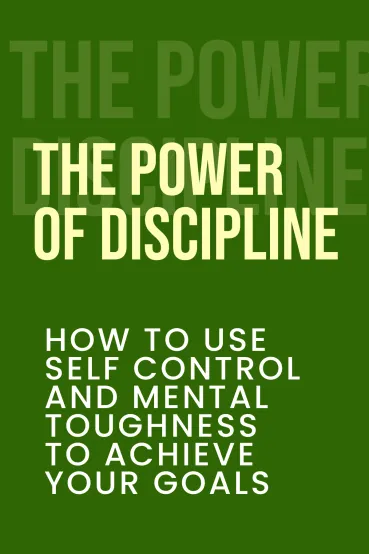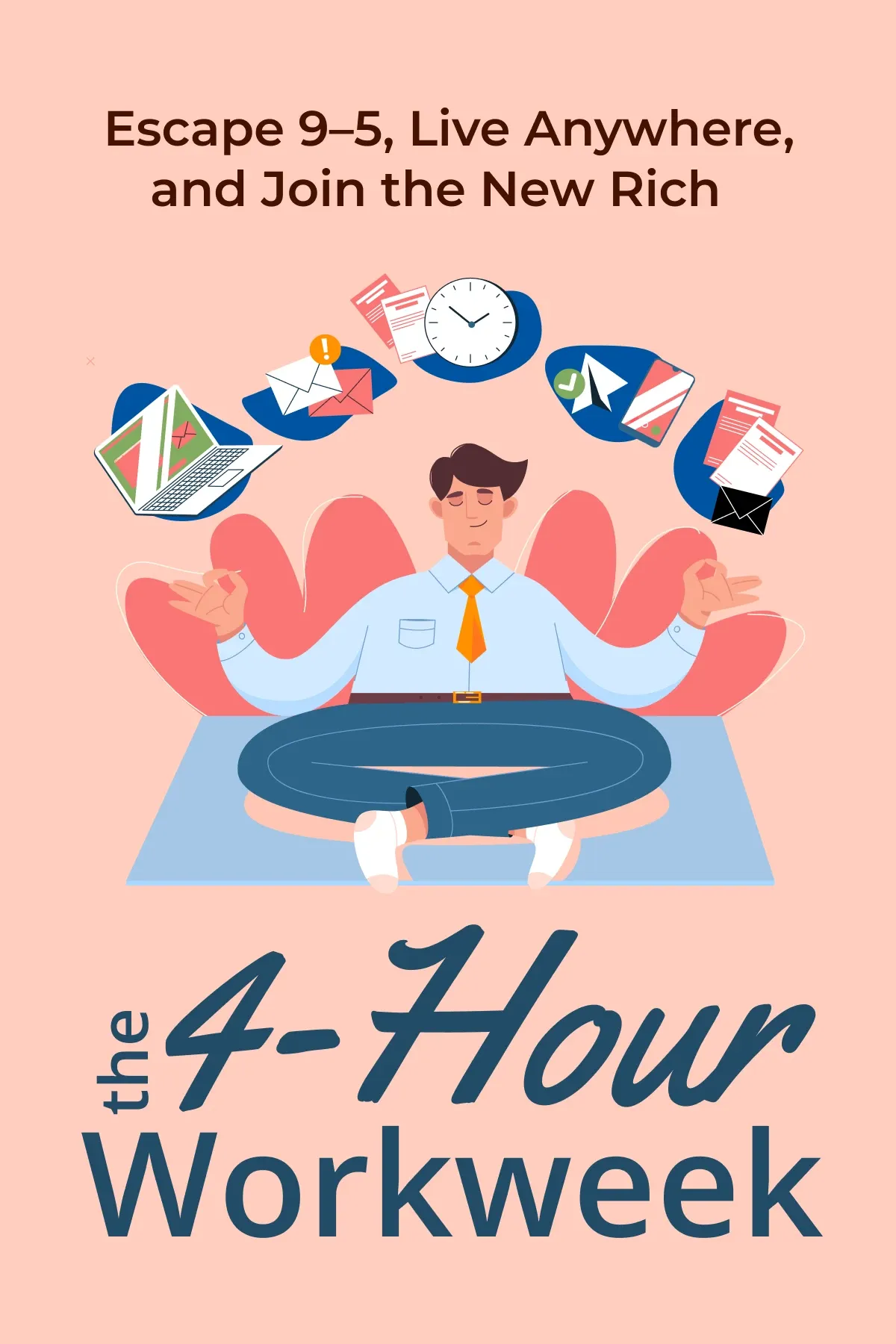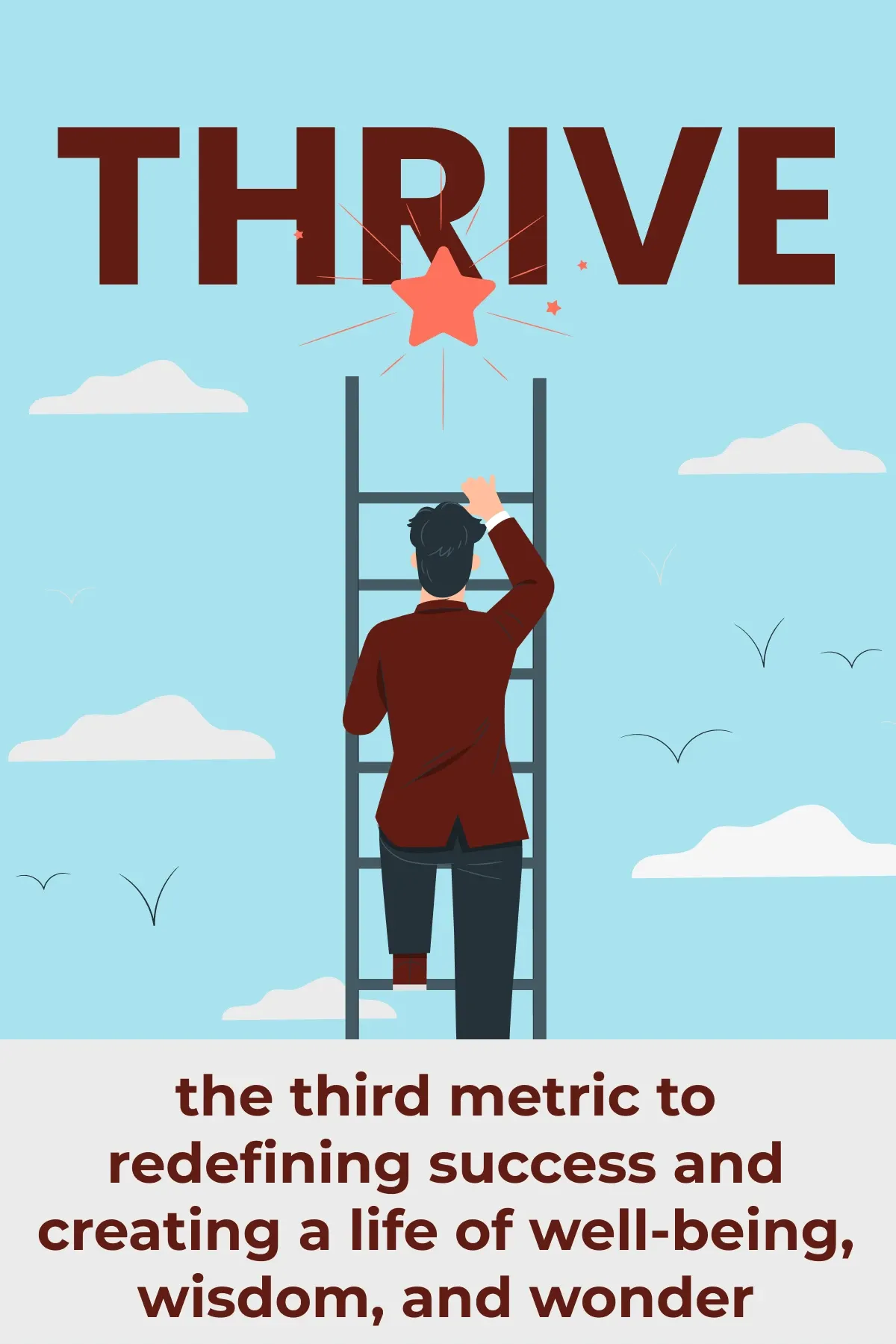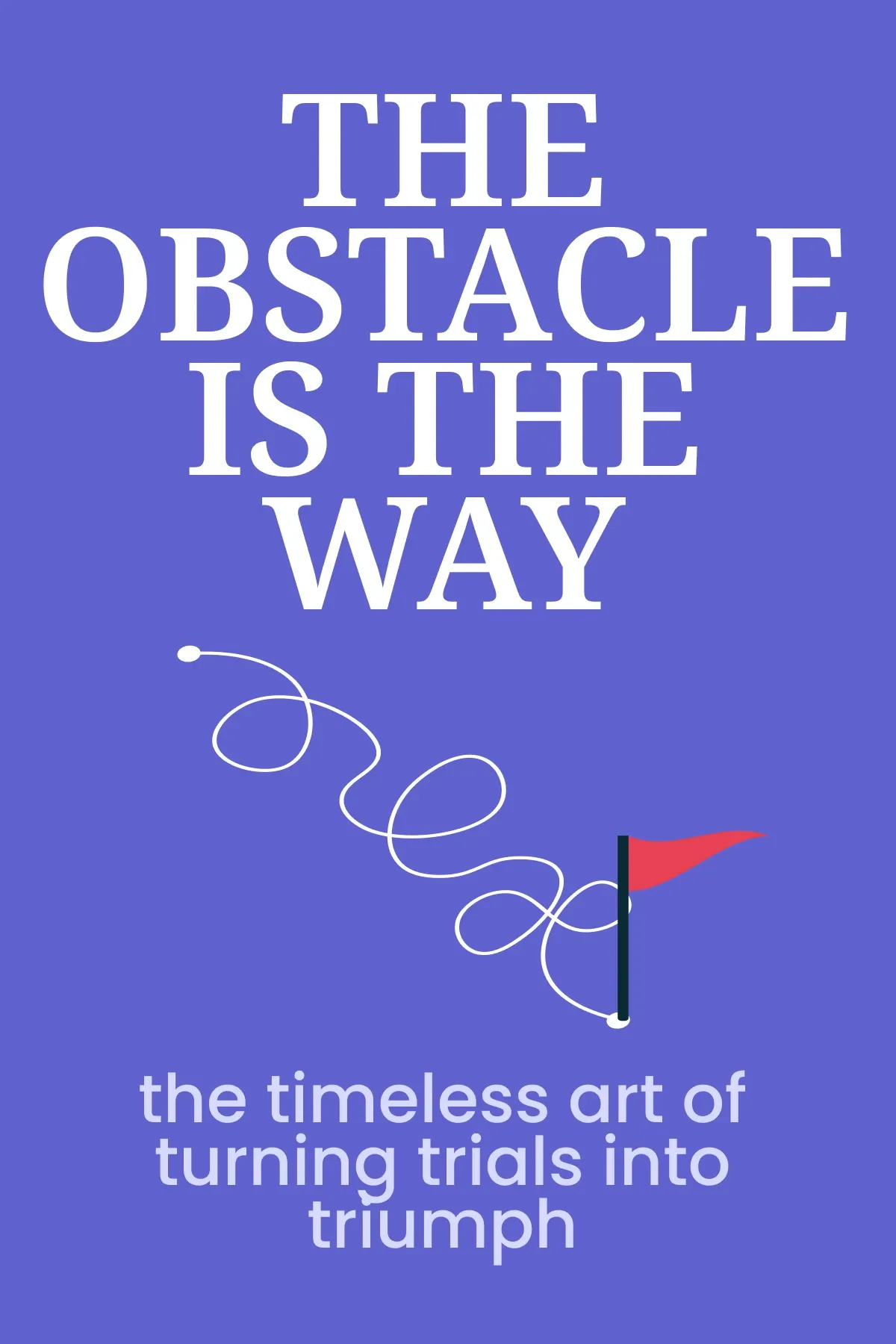
The Power of Discipline
Brief Summary
“The Power of Discipline” by Daniel Walter offers a new way of successfully achieving your goals. Use its recommendations, and you will be able to finally implement the plans that used to take months and even years of work. Discipline has vast power, and you are about to discover it.
Key points
Key idea 1 of 6
It is always easier to define goals than to accomplish them. So, you begin to doubt and shelve them for later. The problem is outside the goals you set for yourself. The question lies in how you try to reach them. What obstacles do you face along the way? The answer is simple – you lack self-discipline. A successful result is a clear understanding of your goals. Think carefully about what you want to achieve and what you need to do. Keep in mind that you need to make an effort.
The effort to develop self-discipline can improve your life a lot. Self-discipline will help to be resourceful and stay on the right path. With this trait, you are ready to face any challenge in your life. Besides, it will teach you to take responsibility for any actions. In fact, self-discipline will help you improve different aspects of your life – from repairing an entangled relationship to career growth.
Often, a lack of self-discipline leads to negative consequences. You begin to doubt yourself. Your desires and goals become chaotic, and your self-esteem drops. You are lost and have no clue what to do next. On the flip side, people who have self-discipline are always more confident than others. They do not doubt their capacity to get to the top. So, to be one of those people, you need to increase your self-discipline level. How to do it?
The human brain consists of several parts. One of these parts is the prefrontal cortex. Its primary function is to control your cognitive behavior. This behavior affects memory, ability to adapt, impulse control, and cognitive flexibility. Most importantly, it also encompasses aspects of self-discipline. Thanks to it, you can adjust the importance of tasks, define plans and goals, and ignore secondary factors that hinder you.
According to statistics, the activity of the prefrontal cortex increases when you prioritize long-term decisions. Such behavior is not typical when you choose immediate pleasure. This fact directly indicates that self-discipline is a skill that comes with experience. Cognitive functions help you increase your level of self-discipline. Focus on them. Systematically arriving at the right decisions will have a positive effect on your self-discipline. Yet the reverse process occurs when the decisions are wrong.
You've read this chapter and are uncertain if it’s only self-discipline that throws you off track. Is something else restraining you?
FAQ
You may also like these summaries











